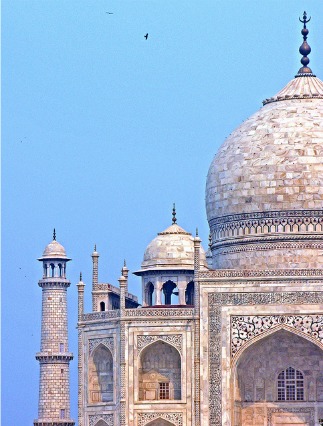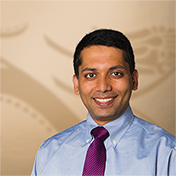India’s challenges in the manufacturing sector illustrate the complexities of implementation in real (versus theoretical) political and economic systems. Ownership barriers, rigid labor laws, complex land acquisition rules and weak infrastructure have conspired to stunt manufacturing growth. But whenever these barriers have been lifted, explains Sharat Shroff, portfolio manager at Matthews Asia, the response from the entrepreneurial community has been encouraging. The automobile industry, liberalized in 1991, was among the first segments of manufacturing to open up to private sector participation. Since then, output has grown 15-fold and, India is increasingly considered a destination for manufacturing and an export base for auto parts and automotive vehicles.
India’s newly elected Prime Minister Narendra Modi has made manufacturing a key agenda point, thinks Shroff. Specifically, his administration plans on building a globally competitive industrial sector that can steadily increase market share in exports. To support this, authorities have progressively lowered ownership barriers to foreign firms within manufacturing. Most recently, in the defense and railways sectors, it has increased the level of ownership permitted by foreigners to 49% and 100%, respectively.
Labor laws in India are more vexing because they are legislated concurrently by both the central and state governments. The Northwestern state of Rajasthan has taken the lead in labor deregulation by reducing government-approval restrictions on hiring/firing workers. Other proposed measures aim to provide greater flexibility in running factories, and in complying with existing labor laws. If the efforts in Rajasthan lead to greater job creation, it will be difficult for other states not to follow suit.
Formal job creation is surely a goal of Mr. Modi’s and the kinds of changes sought by the state of Rajasthan are certain to challenge some vested interests. But the recent elections have given a broad mandate of growth and governance over welfare entitlements to the incoming government, concludes the Matthews Asia expert.


